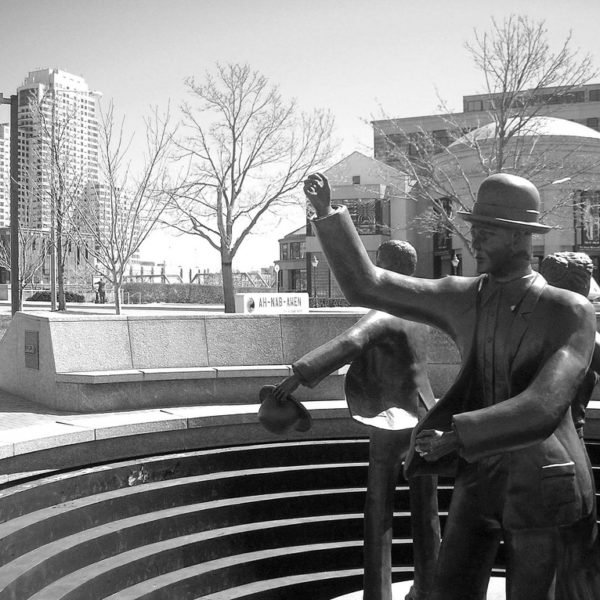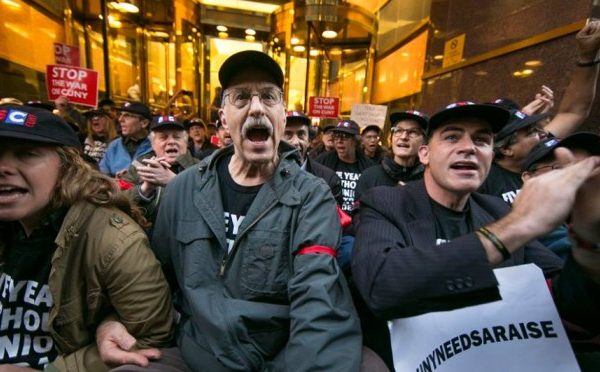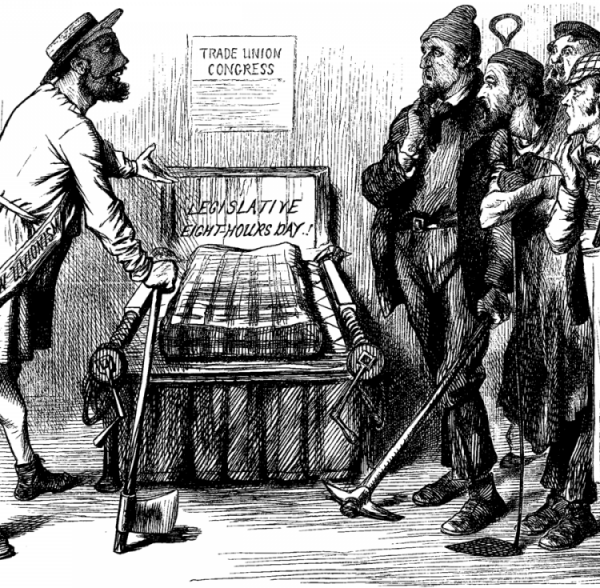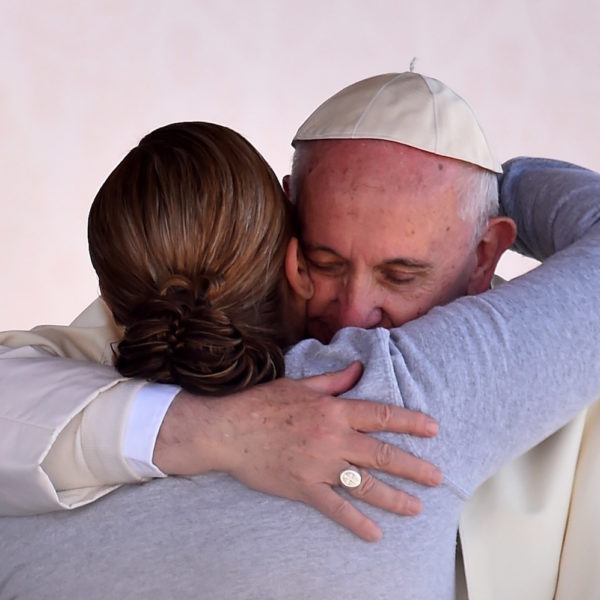
“Happy Little Accidents” also approaches philosophy as a practice of creating scenes of desire, staging a vision of a future, a way of being, a mode of relation – as attractive and worthy.

If we are willing to listen to those standing around without work, however, a new possibility emerges. Why are they standing around without work? “Because no one has hired us,” they reply (Matthew 20:7). They aren’t lazy, they’re desperate enough to stand around all day waiting for work. The laborers are many; the jobs are few.

Vincent Lloyd on James Cone, Ilsup Ahn on Labor, Immigration and Forgiveness, Silas Morgan on Ideology and liberation, and so much more.

Labor leaders and scholars from around the world are gathering for a two-day symposium in Syracuse, New York, to explore how the moral resources within religious traditions can invigorate labor activism and struggles for labor justice. The symposium will bring together ethicists, theorists, theologians, historians, and others to foster a dialogue intended both to deepen scholarly conversations around these issues and to promote greater intellectual depth for faith-based labor organizing. The conference will be held at Syracuse University and Le Moyne College on April 10-11. Registration is free and all are welcome.

In Jesus’ parable of the day laborers on the vineyard, we encounter two competing views of what constitutes just compensation, one determined by ‘fairness’ and the other by need. In its commitment to the human-centered “economics of need,” the Reign of God teaches us to value work—and the worker—in a new way.






